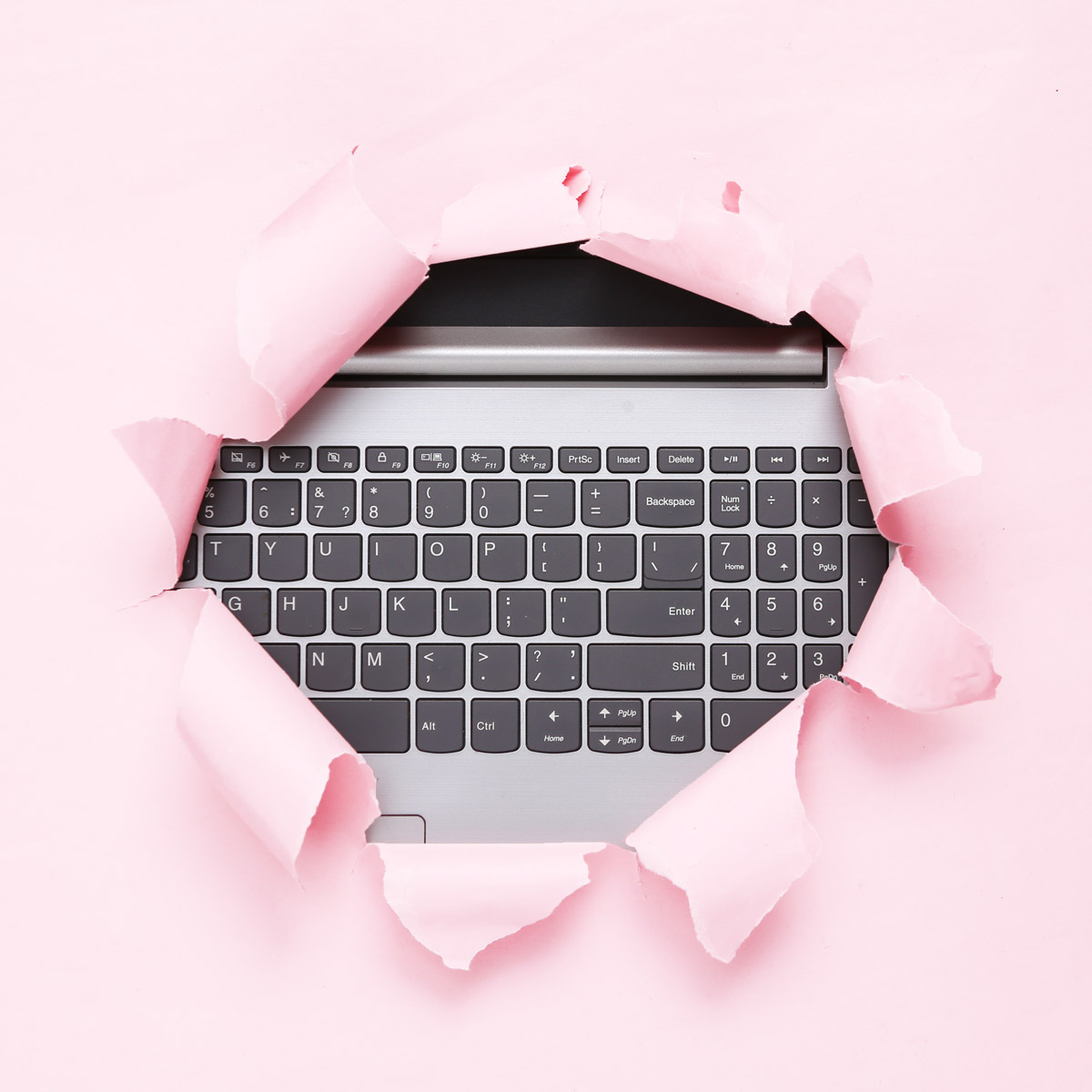
In recent years, the push to go paperless has taken hold in offices across the UK. With cloud storage, digital collaboration tools, and instant file sharing, the shift to screens has clear advantages. Going paperless promises a tidier, more efficient, and often more eco-friendly way of working. But is it the best fit for every job — or every person?
Summer, with its slightly slower rhythm and space to rethink habits, offers a great opportunity to reflect on how we work — and how we want to work. For many, the digital transformation has paid off: less desk clutter, easier document access, and faster workflows. There's no question that technology has revolutionised the way we operate.
Still, paper hasn’t vanished. In fact, in certain areas, it’s thriving. There’s something enduringly satisfying about jotting down ideas in a notebook, marking up a physical document, or checking off a handwritten to-do list. These analog tools persist for good reason. Research shows that handwriting can aid memory and focus, and many people find they think more freely and creatively on paper.
It’s not just about nostalgia or habit. Paper can offer relief from the constant demands of digital life. With so much of our time spent staring at screens, putting pen to paper — or reading from a printed page — can be a welcome mental break. It encourages us to slow down, engage more deeply, and process more fully.
Of course, this doesn’t mean ditching digital altogether. Most modern workplaces now operate in a hybrid mode — blending the best of both worlds. Digital platforms handle storage, sharing, and speed, while paper lends itself to planning, reflection, and deep work. The most effective setups are often those that find balance.
Then there’s sustainability to consider. While paperless may appear greener, digital devices carry their own environmental cost — from energy usage to e-waste. Opting for recycled paper, printing mindfully, and managing physical resources responsibly can be part of a thoughtful, eco-conscious approach too.
So where does that leave the debate? In truth, it’s less about choosing sides and more about being strategic. Knowing when tech boosts productivity — and when traditional tools simply work better — is key. As summer unfolds and we look ahead to a new season, it’s a chance to fine-tune your setup. Whether that means clearing digital clutter, revamping your filing system, or picking up a new notebook for a fresh round of planning.
Because sometimes, the smartest move forward starts with a simple sheet of paper.


